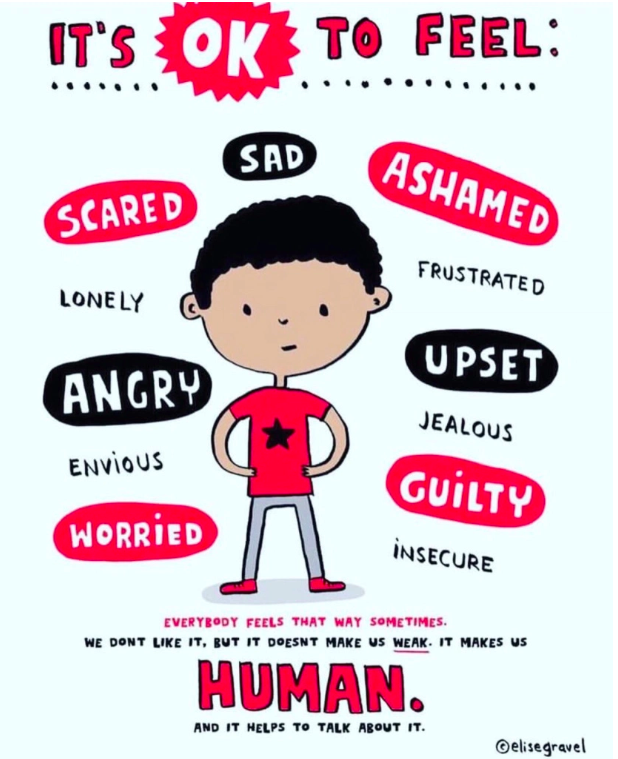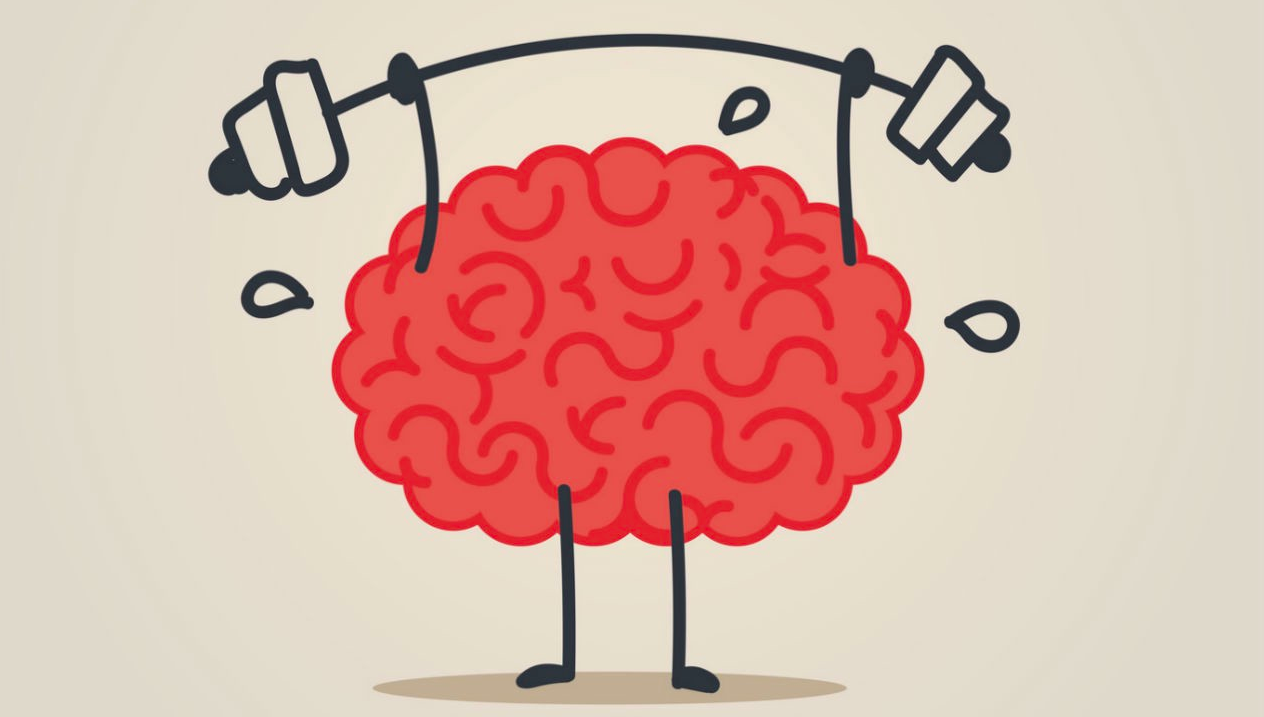This week marks Children’s Mental Health Week which is in it’s sixth year running. Mental health is important for all ages but the focus on children and young adults is necessary. Creating awareness is the first step to allow children to confront their issues confidently. However, this may be difficult if language assistance is needed. A meeting might take place in a medical setting with doctors present or a school setting with teachers, along with their parents. If the parents do not speak English or have limited knowledge, then interpreters will be present. In some cases regarding sign language, the parents or child might need a BSL interpreter to help communicate between all parties.

How Interpreters can help mental health week:
There are numerous reasons as to why a child might have mental health issues.
In an Educational environment, it could be the result of bullying. Children with disabilities have a higher rate of being a victim of bullying. This is important for children who are deaf and may need a BSL interpreter in meetings. These language barriers need to eliminate communication difficulties to be able to solve problems. In 2016, The Consortium for Research into Deaf Education (CRIDE) found at least 48,075 deaf children and young people aged 0 to 19.
Interpreters can attend annual or bi-annual parent/teacher meetings at school. Unless the meeting is one-to-one about a particular topic. The child’s health issue and behaviour may be the topic of discussion in this circumstance.
For Special Education Needs (SEN) schools, there is a higher chance of children having mental health difficulties. Interpreters are needed for a spoken community language. Meetings include the child’s parents, SEN staff, the main teacher, a nurse who is in care of the student and a social worker is nearly always present. They discuss how to manage the child from everything such as medicine, diet, dressing, behaviour, only a small section is education. This education sector has more accessibility due to its sensitive nature.
This could extend to other issues such as legal where there are problems at home causing the child distress. In this circumstance, a legal interpreter will be needed for family members if they are trying to sort out their problems.
Medical Interpreting for mental health:
One of the most challenging aspects of medical interpreting is interpreting for mental health patients due to its complexity. Interpersonal communication with individuals vary as they may act, speak, or think in different ways. We want to make sure services are accessible to all sections of communities. And we are committed to ensuring effective communication with patients, their relatives and carers.
We recognise the difficulty that patients, relatives and carers with a limited understanding and use of English might have with complex medical language and the written word when discussing medical conditions.
A typical session includes helping a child and family in a mental health assessment in the community language. The attendees include a consultant doctor, nurse, psychologist, and psychiatrist. A qualified professional healthcare interpreter can make a huge difference in a hospital or clinical dialogue. Trained medical interpreters know to keep personal opinions to themselves. Interpreters are aware that the topic is sensitive and are strictly confidential. The main reason is to make the child feel at ease. The interpreter is essentially a middle man to communicate their problems.
